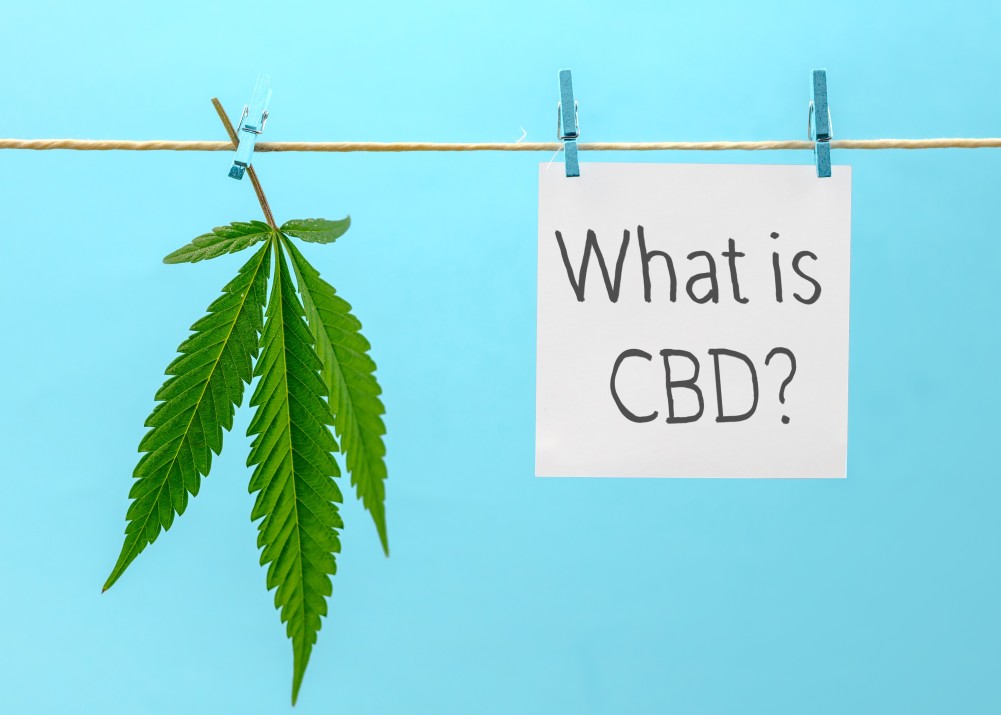CBD is an attractive health solution for many of the modern ailments.
Unfortunately, despite the wild popularity of products that are infused with CBD, there is no clear consensus on the legalities of the products.
This same confusion is what leads to so many different opinions on the effectiveness of the products as well.

The Legalities Of CBD
The Federal Law and CBD
According to federal law, there are two different variations of the Cannabis plant from which marijuana, hemp, THC, and CBD are all derived.
These two variations are hemp and marijuana and they are actually quite unique from one another.
The hemp plant is a cannabis plant that has extremely high levels of CBD, which is what we are here to talk about. The other plant is different from the hemp plant because it contains much higher levels of THC.
THC is the substance that is often associated with the “high” that people can get when working with various cannabis plants.
This distinction is important. It is important because the hemp plant contains very low levels of THC.
This means that the hemp plant is not likely to cause any sort of effects on the mood or state of awareness of someone who is taking a substance derived from CBD.
For this reason, the Farm Bill, which was passed in 2018, has legalized the distribution of hemp plant derived products on a federal level. This means that the CBD which is derived from the hemp plant is legal according to federal laws.
The same cannot be said of any CBD products that are derived from the marijuana plant. Those products would likely contain too much THC to be legal in the United States.
The FDA is currently working on understanding the hemp plant and CBD oil from a scientific standpoint.
While the products are legal, they are not currently regulated by any form of the federal government.
Until further research is done, there will be no standard by which these products are measured to ensure quality control.
State Laws
When something is made legal on a federal level, it can be easy to assume that it is legal everywhere you go in the United States. Unfortunately, there are many instances where this is simply not true.
The rules get especially tricky when you consider that some CBD products may contain small amounts of THC.
Those small amounts of THC might actually cost the legality of the product in some states, such as Texas and Mississippi.
On the other hand, states like Colorado have completely legalized the hemp plant altogether. This means that even if the product contains THC, it is completely legal within the state of Colorado.
Because of the variances between each of the states, the best advice that you can get is to look into the specific laws for the states that you are living in; and any state in which you plan to travel with CBD products.
Further, you might even want to check into major cities that you travel to. In some instances, the city might have a law that contradicts the state’s laws regarding CBD oil.
Final Thoughts
The legalities regarding hemp derived CBD products are still slightly confusing. However, you can expect to see a significant clarity coming forward as the FDA continues to work on their research and data.
As the FDA becomes more and more involved in the information regarding CBD oil and the various risks and benefits, various states are more likely to release the strict regulations that their state law passes on the sale and consumption of CBD products.
2020 CBD Laws By State
Note these laws can be updated from time to time. You need to source the information for your state, this is a quick guide
| State | Hemp-sourced CBD for any use |
Marijuana-sourced CBD for medical use |
Marijuana-sourced CBD for recreational use |
| Alabama | Legal | Legal | Illegal |
| Alaska | Legal | Legal | Legal |
| Arizona | Legal | Undecided | Illegal |
| Arkansas | Legal | Legal | Illegal |
| California | Legal | Legal | Legal |
| Colorado | Legal | Legal | Legal |
| Connecticut | Legal | Legal | Illegal |
| Delaware | Legal | Legal | Illegal |
| Florida | Legal | Legal | Illegal |
| Georgia | Legal | Legal | Illegal |
| Hawaii | Legal | Legal | Illegal |
| Idaho | Illegal | Illegal | Illegal |
| Illinois | Legal | Legal | Legal |
| Indiana | Legal | Illegal | Illegal |
| Iowa | Legal | Legal | Illegal |
| Kansas | Legal | Illegal | Illegal |
| Kentucky | Legal | Illegal | Illegal |
| Louisiana | Legal | Legal | Illegal |
| Maine | Legal | Legal | Legal |
| Maryland | Legal | Legal | Illegal |
| Massachusetts | Legal | Legal | Legal |
| Michigan | Legal | Legal | Legal |
| Minnesota | Legal | Legal | Illegal |
| Mississippi | Legal | Illegal | Illegal |
| Missouri | Legal | Legal | Illegal |
| Montana | Legal | Legal | Illegal |
| Nebraska | Illegal | Illegal | Illegal |
| Nevada | Legal | Legal | Legal |
| New Hampshire | Legal | Legal | Illegal |
| New Jersey | Legal | Legal | Illegal |
| New Mexico | Legal | Legal | Illegal |
| New York | Legal | Legal | Illegal |
| North Carolina | Legal | Illegal | Illegal |
| North Dakota | Legal | Legal | Illegal |
| Ohio | Legal | Legal | Illegal |
| Oklahoma | Legal | Legal | Illegal |
| Oregon | Legal | Legal | Legal |
| Pennsylvania | Legal | Legal | Illegal |
| Rhode Island | Legal | Legal | Illegal |
| South Carolina | Legal | Illegal | Illegal |
| South Dakota | Unclear | Illegal | Illegal |
| Tennessee | Legal | Illegal | Illegal |
| Texas | Legal | Illegal | Illegal |
| Utah | Legal | Legal | Illegal |
| Vermont | Legal | Legal | Legal |
| Virginia | Legal | Legal | Illegal |
| Washington | Legal | Legal | Legal |
| Washington, D.C. | Legal | Legal | Legal |
| West Virginia | Legal | Legal | Illegal |
| Wisconsin | Legal | Legal | Illegal |
| Wyoming | Legal | Legal | Illegal |
